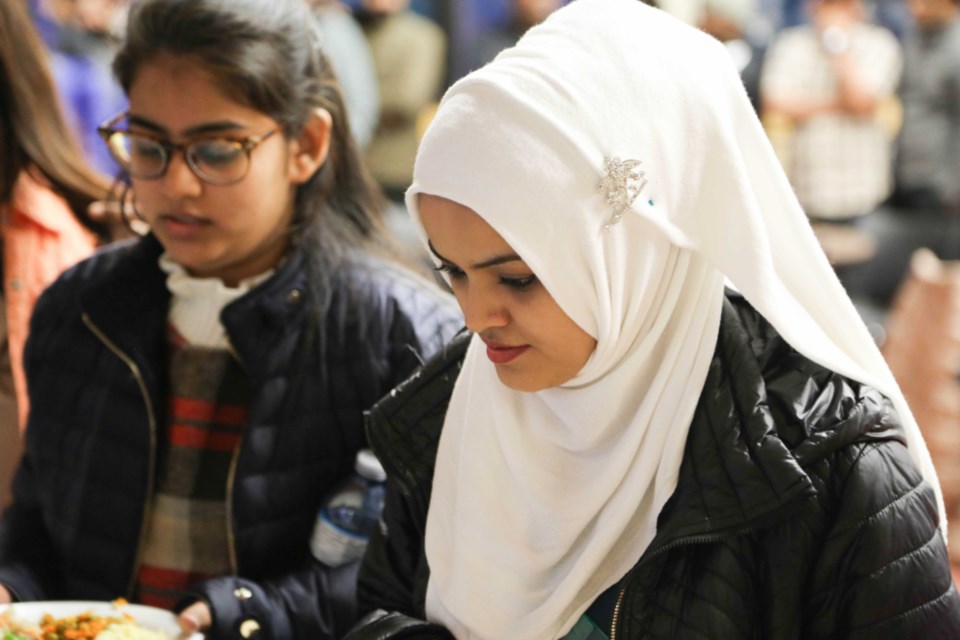BradfordToday received the following letter from Ruttab Noor who shares some thoughts on the importance of hijab to Muslim women.
Tuesday, Feb. 1 is World Hijab Day. With recent bans on the hijab in several places including Quebec, it is now, more than ever important, that we come together as a community and educate.
The hijab is a veil that many Muslim women wear in accordance with their religion. It encourages them to dress in a modest manner. Now, many think these teachings are only instructed to women in Islam to protect them from men, which ultimately gives men control and oppresses women. However, this is not true.
Men are instructed to lower their gaze around women and treat them in a respectful manner. In fact, this instruction for men in the Holy Quran comes before the ones laid on women.
The hijab not only encourages physical modesty but also places a huge emphasis on the individual’s internal and spiritual self.
The physical wearing of it acts as a reminder to women, causing them to be internally modest, decent and respectful in their speech and actions. The hijab strengthens their connection with their faith and identity.
If you look at Islamic history, you will see the stories of Khadija, Ayesha, Fatima and many other notable women who were warriors, successful businesswomen and scholars. Reading their stories, you will see courage, determination, honour and intellect but you will never see oppression or timidness.
The truth is, the hijab is a symbol of Islam and thus empowerment.
Bans like Quebec’s controversial Bill 21, threaten to strip away a huge part of a Muslim woman's identity. It’s important to note that the concept of covering one’s head is not unique to Islam. Nuns cover their heads, Jews and Amish wear head coverings, Sikhs wear turbans and many other faiths do the same. In a country so multicultural, accepting and an advocate for religious freedom, such a law that prohibits religious symbols should be strongly condemned.
As a community, we should build peace, love and tolerance for one another. Instead of believing in misconceptions, we should educate ourselves and advocate for each other's rights. If we do this together, we can make a difference.
Ruttab Noor, Brampton



.jpeg;w=120;h=80;mode=crop)